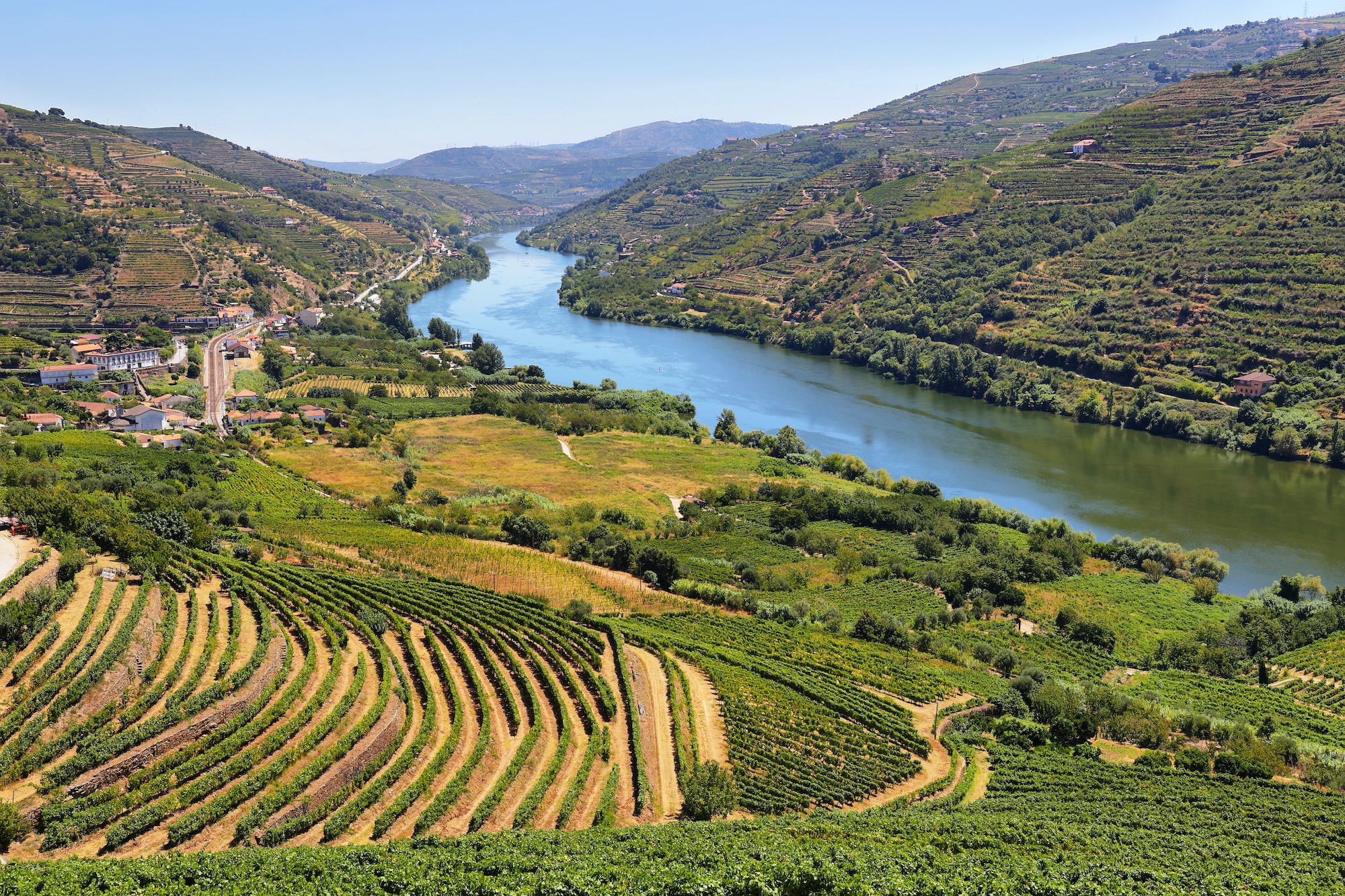Researchers from the Faculty of Sciences of the University of Porto (FCUP) are leading a project that aims to study “green strategies” to mitigate the effects of climate change on vineyards in the Douro region, it was announced today.
The project, entitled VineProtect, aims to “improve the resilience” of vineyards, transposing to the wine sector what is done in medicine, that is, “looking at the microbiome as a structuring part of the plant”, says FCUP today.
Among the researchers’ goals is the development of solutions based on live fungi to combat other common fungi and diseases in the vineyard, as well as the creation of a bio-hydrogel from pruning waste.
Cited in the statement, the lead researcher, Conceição Santos, points out that the project “focuses mainly on the vineyards of the Douro region, since they are a ‘terroir’ [extension of cultivated land] very threatened by climate change”.
In this sense, the researchers aim to find strategies to mitigate the impact of decreasing rainfall, rising temperatures and pathogen incidence.
“We intend to focus on the sustainable protection of vine diseases, on the characterization of the genetic heritage of the region’s microbiome and on improving sustainable soil management”, adds the professor, noting that at iB2 – Integrative Biology and Biotechnology Laboratory of FCUP, collections of native bacteria and fungi that can be beneficial to the vine are already being created and studied.
Also quoted in the statement, agronomist and member of iB2 Lab, João Prada, clarifies that “there are fungi and bacteria that are beneficial and have characteristics that can enhance the plant’s water use, nutrient absorption and even the plant’s defenses against pathogens that are in the soil”.
The project, which runs until 2025, involves Portuguese, Italian, Turkish and Moroccan researchers. In Portugal, the consortium also includes experts from the University of Trás-os-Montes and Alto Douro (UTAD).
Each country in the consortium will have a collection of native bacteria, and in Portugal some microorganisms that promote the growth and development of vines are currently being selected in the laboratory.
In Portugal, the fieldwork is taking place in the three sub-regions of the Douro: in Baixo Corgo and Cima Corgo on two farms owned by Sogrape, and in the Douro Superior on vineyards owned by Gerações de Xisto.
Research also focuses on the study and use of nitrogen-fixing plants (such as legumes), which can help the soil retain water and make vine nutrition more efficient.
The bio-hydrogel from pruning residues will be developed by researchers in Turkey and applied in the Douro vineyards to retain water in the soil.
“The idea is to take advantage of a resource in a circular economic logic, using waste that would otherwise have to be disposed of,” adds FCUP.
The project is funded at around €761,000 by PRIMA, a European Union program for research and innovation in solutions for the Mediterranean region, and of the total funding, the two Portuguese institutions received €250,000 each.

